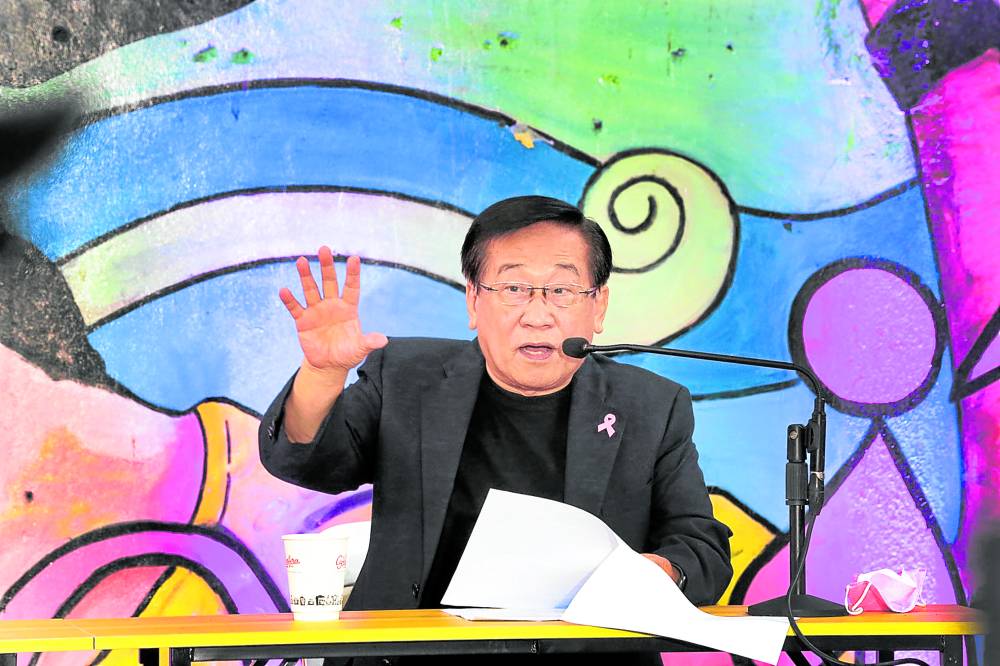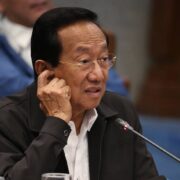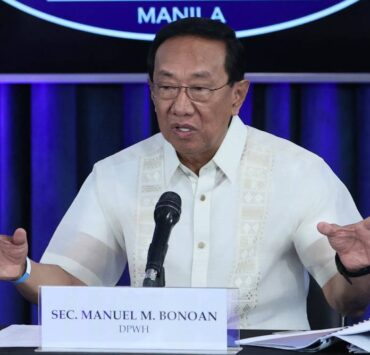SC upholds 4-year term for village, youth execs

The Supreme Court has upheld the law extending from three to four years the term of office of barangay and Sangguniang Kabataan (BSK) officials, as it affirmed the authority of Congress to determine their length of tenure.
In an en banc session on Tuesday, the high tribunal denied four consolidated petitions questioning the constitutionality of Republic Act No. 12232, the Supreme Court’s Office of the Spokesperson said in a statement.
A full copy of the decision, written by Associate Justice Jhosep Lopez, has yet to be made public.
The majority, or eight of the 15 justices, concurred with the ruling. Senior Associate Justice Marvic Leonen and Associate Justices Alfredo Benjamin Caguioa, Henri Jean Paul Inting, Antonio Kho Jr., and Maria Filomena Singh dissented, while Associate Justices Ramon Paul Hernando and Amy Lazaro-Javier did not participate.
RA 12232, signed by President Marcos in August, postponed the BSK elections originally scheduled for December this year to the first Monday of November 2026.
It also set the term of office of all elected barangay and SK officials to four years—from the current three—and provided that subsequent BSK elections would be held every four years.
Holdover capacity
The law further allows current barangay and SK officials to remain in office until Nov. 30, 2026, in a holdover capacity.
Election lawyer Romulo Macalintal earlier challenged the measure before the Supreme Court, arguing that it sought to reschedule and postpone the polls “not for any important, substantial, or compelling reason, but merely on account of perceived shortness of the incumbent BSK officials’ term of office.”
Three other petitioners later filed separate pleadings also questioning the law for allegedly failing to comply with the guidelines on election postponements set in the 2023 case of Macalintal v. Comelec.
The three other petitioners were high school teacher John Barry Tayam, a group of young voters led by Mystro Yushi Fujii, and lawyer Alberto Hidalgo.
“Additionally, they claimed that the law violates the public’s right to vote and unduly favors BSK officials,” the Supreme Court said, noting the objections.
In upholding RA 12232, the high tribunal ruled that Article X, Section 8 of the Constitution grants Congress the authority to determine the term duration of barangay officials.
Not applicable
“These officials are not bound by the general three-year term limit that applies to other elective local officials. This legislative power is not merely permissive; it makes Congress the sole body empowered to define the term of office of barangay officials,” the high court said.
Citing the doctrine of necessary implication, the Supreme Court noted that the authority to define the term of barangay officials necessarily includes the power to determine when the new term begins, as long as the period is reasonable and not unduly long from the law’s enactment.
The high court also clarified that RA 12232 is fundamentally a term-setting law for BSK officials, establishing a four-year term and prohibiting consecutive terms for SK officials.
“It is not a law postponing elections; the rescheduling of the elections is merely incidental. Therefore, the Macalintal guidelines, which set out the parameters Congress must follow in postponing elections, do not apply to RA 12232,” it said.
‘Regular, periodic, certain’
The Supreme Court further ruled that the law does not violate the public’s right to vote because it neither abolishes nor indefinitely suspends the BSK elections.
The measure merely changed the interval from three to four years, the high court pointed out, emphasizing that elections remain “regular, periodic, and certain.”
“Voters know when the next election will take place, can hold officials accountable at fixed intervals, and retain full democratic control over barangay governance,” it said.
The high court also upheld the view that the law was not discriminatory, noting that barangays are distinct from other local government units.
“A law treating barangay officials differently does not amount to undue favor or discrimination when such treatment is expressly allowed by the Constitution … As the smallest political unit serving smaller communities, they perform different functions and operate with less complex administrative structures,” it said.

















